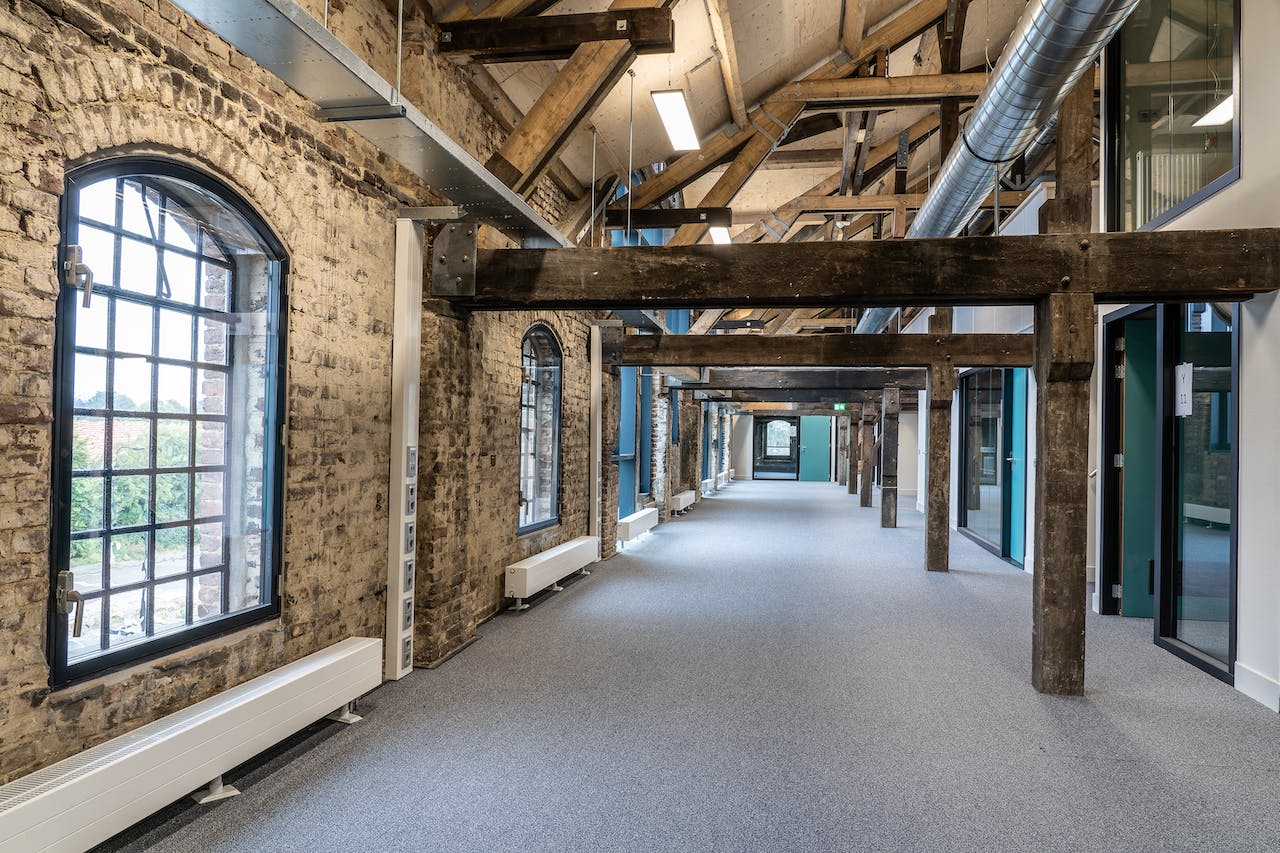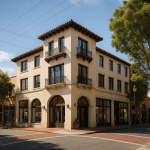One of the key advantages of adaptive reuse is the preservation of cultural and historical heritage. Old buildings often carry the stories of a community, reflecting the architectural styles and societal values of their time. By repurposing these structures, we retain a tangible connection to our past, allowing future generations to appreciate the evolution of our cities and towns. Adaptive reuse becomes a bridge between the past and the present, fostering a sense of continuity and identity.
The adaptive reuse of old buildings also plays a crucial role in economic revitalization. Abandoned or underutilized structures can become eyesores in a community, negatively impacting property values and deterring potential investors. By repurposing these buildings, developers can transform blighted areas into vibrant, economically active spaces. This process attracts businesses, residents, and visitors, generating economic opportunities and contributing to the overall prosperity of the community.
One notable example of successful adaptive reuse is the conversion of old industrial buildings into modern loft apartments or office spaces. Former warehouses, factories, or mills, once symbols of a bygone industrial era, are now transformed into trendy living and working spaces. The high ceilings, large windows, and industrial aesthetics of these structures create unique and appealing environments that attract a diverse range of tenants.
In addition to economic benefits, adaptive reuse fosters community engagement and social cohesion. When old buildings are repurposed for community use, such as transforming an abandoned school into a community center, they become focal points for social interaction and cultural activities. This enhances the quality of life for residents and contributes to a sense of community pride and cohesion.
However, the process of adaptive reuse comes with its own set of challenges. Retrofitting old buildings to meet modern standards often requires careful planning and significant investments. Issues such as outdated infrastructure, compliance with building codes, and the integration of sustainable technologies must be addressed. Successful adaptive reuse projects require collaboration between architects, preservationists, city and county government agencies and developers to balance the preservation of historical integrity with the practical needs of contemporary users.
In conclusion, adaptive reuse stands as a transformative approach to urban development, offering a sustainable alternative to the conventional practice of demolishing and rebuilding. By repurposing old buildings, we preserve cultural heritage, contribute to environmental conservation, stimulate economic revitalization, and foster community engagement. The adaptive reuse of old structures exemplifies the harmonious integration of the past into the present, creating a more sustainable and vibrant future for our cities and towns.





